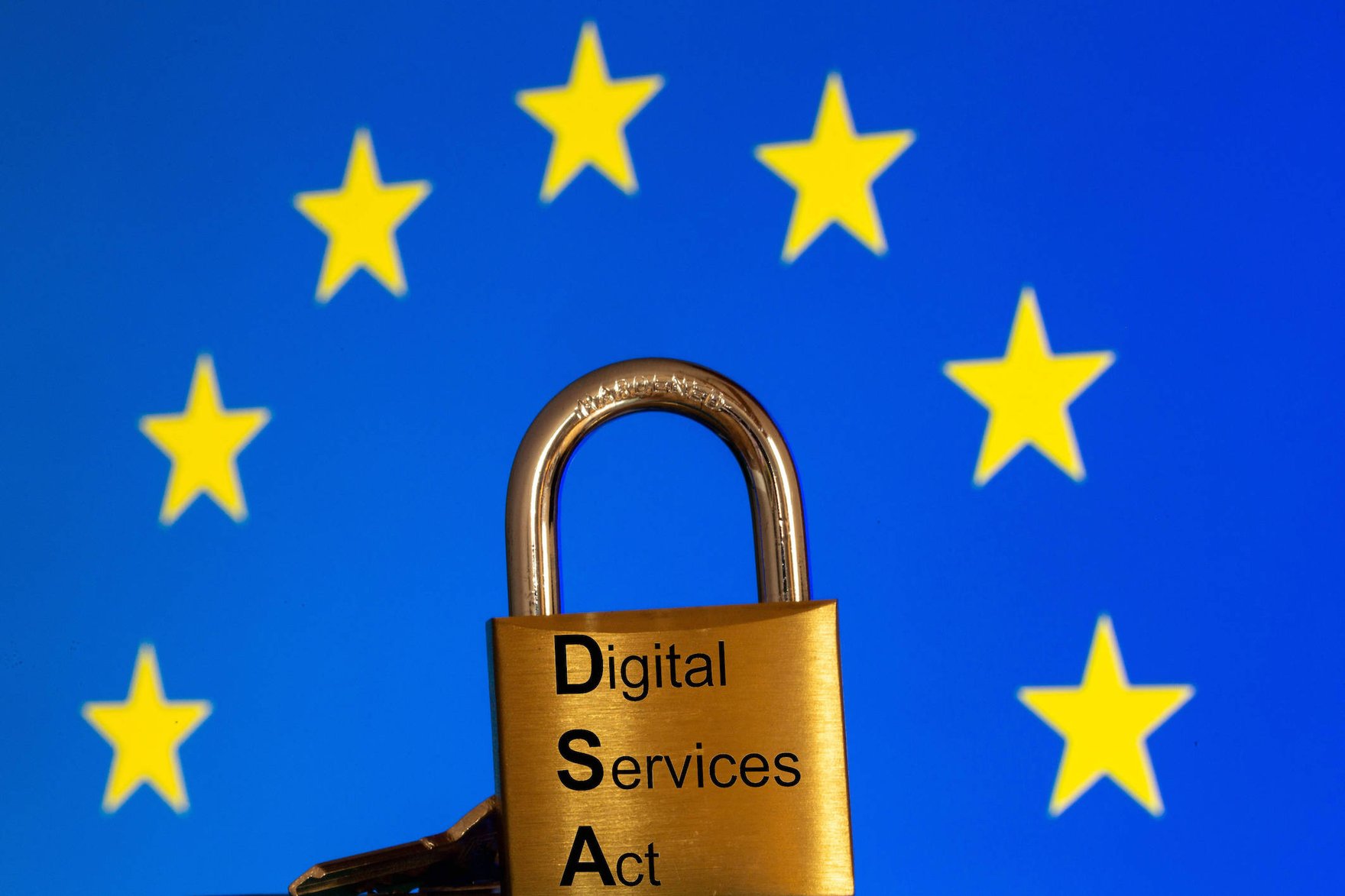June 2024 saw the first regulated social media election for the European Parliament (EP). The Digital Services Act (DSA) came into full force in February 2024, and the European Commission has already launched formal investigations into TikTok, X and AliExpress for various potential infringements. The question now is whether these events have made any difference to Europe’s democracy. Such questions are particularly pressing given the result. Although the centrist parties remain strong enough to control the chamber, the election resulted in increased vote shares for far-right parties across much of Europe. In France, President Emmanuel Macron has even called a snap parliamentary election after the Rassemblement National party came first and received 31.4 percent of the vote in the EP election.
The European Commission undertook extensive preparations to safeguard the EP elections. The DSA was central to those preparations. Yet assessing its impact will be anything but straightforward.
The DSA is a complex piece of legislation, but generally speaking, it aims to regulate systemic risks online, particularly of very large online platforms (VLOPs) and very large online search engines (VLOSEs). The DSA is regulated and overseen in member states by digital services coordinators (DSCs — and, yes, the European Union loves coining bureaucratic acronyms).
Under article 35, the European Commission undertakes consultations around how VLOPs and VLOSEs might address various systemic risks. The first-ever consultation was launched in February around electoral integrity, with guidelines released in March. Many of the guidelines are what anyone would expect: label political advertising clearly; adapt measures to individual elections; allocate enough resources; and cooperate with authorities, experts and civil society organizations. The Commission followed up by conducting a stress test for the EP elections in April. This process was meant to assess the preparedness of authorities, platforms and civil society organizations to deal with election interference and manipulation.
These efforts may have safeguarded the election. But how would we know?
A first step to an answer would be assessments by platforms. The DSA foresees regular audits through mandated transparency reports. Independent auditors will evaluate platforms’ compliance. Like taxes, however, the audits will be based on the data that platforms provide. As researchers Hannah Ruschemeier and Rainer Mühlhoff have pointed out, this opens the door to audit capture. Another issue is that systemic risk assessments are only made public 15 months after their submission — a blow to the DSA’s focus on transparency.
Beyond the data question, though, capacity remains an enormous issue. Platforms have billions of dollars to assess their work. Researchers would be lucky to receive a million. The power asymmetry is obvious.
A second step, then, would be assessments by independent researchers, including journalists and civil society organizations. Preliminary assessments for the EP elections have shown how Meta accepted ads for Germany that seem to contravene the company’s own guidelines, and how platforms are massively understaffed for content moderation in languages other than English.
At least theoretically, researchers will have opportunities to assess the DSA’s efficacy more rigorously and broadly, too. Article 40, paragraph 12, of the DSA enables vetted researchers to ask for data from VLOPs and VLOSEs. While this sounds good and is a step forward from platforms’ mostly ill-fated voluntary efforts, a data dump will make little sense without understanding the algorithms behind that data, for example. An open letter spearheaded by the Mozilla Foundation has argued that data access is “central to accountability” and “forms the bedrock of evidence gathering for enforcement action.”
Beyond the data question, though, capacity remains an enormous issue. Platforms have billions of dollars to assess their work. Researchers would be lucky to receive a million. The power asymmetry is obvious.
To ameliorate this problem, researchers would need centralized infrastructure to provide many people with data and analytical tools. That would reduce start-up costs and could encourage more researchers with small budgets to participate. To create and sustain such research networks would require consistent investment. The Canadian Digital Media Research Network is a fairly new effort along those lines. Currently, there is no equivalent in Europe.
A third step would be to assess the results in a broader communications context. The DSA focuses on the online environment. Yet the information environment is far more complex, including TV, radio, newspapers, friends, family, religious communities and workplaces. Alicia Wanless has called for interdisciplinary research to study the information environment and create “information ecology,” an approach that will enable more robust policy testing.
An approach like this would push researchers to think again about basic relationships between social media and votes. For instance, Germany’s far-right Alternative for Germany (AfD) party has more than 605,000 followers on its Facebook page, while the centre-right Christian Democratic Union (CDU) has just under 235,000. This imbalance on Facebook has existed for years. Yet the CDU received 30 percent of the vote in the election, while the AfD received a (still high) 15.9 percent. This result begs deeper questions about which voters are motivated by social media and whether that percentage is lower than it sometimes seems. The approach of “information ecology” suggests that democracy researchers can help DSA researchers to combine approaches and assess how much social media regulation really matters.
A final step would try to put media in its place and provide a clear understanding of how much media really matters. A focus on social media might obscure the deeper structural issues at play in the European Union. While Belgium usually has a turnout of around 90 percent, only 21 percent of Croatians showed up to vote. Low turnout has consistently plagued EP elections and speaks to a broader disengagement with European politics in many member states that predates platforms.
Some countries saw stunning differences between turnout for national elections and the EP. Only 40 percent of Poles voted in the EP elections, while last autumn saw the highest turnout for a national election in Poland since 1919. Nearly 75 percent voted, even more than participated in the first elections after 1989. Poles will go to the polls when it really matters. And a large percentage of them do not feel that way about the EP. Social media would play, at most, a small role in the difference between the two elections.
Election results arrive almost immediately. It will take years for researchers to assess whether the DSA helped to ensure the integrity of those results. Those assessments matter for many reasons, including for other countries that may be thinking about whether to follow Brussels’ regulatory efforts. But too much focus on the DSA might derail the discussion into details about data dumps. What we need are strategies to combine debates on the DSA with deeper debates on democracy.



